Personal Service Contracts in the Federal Government: Everything You Need to Know
The Federal Government of the United States, like many other major organizations, utilizes personal service contracts (PSCs) to fulfill specific needs that cannot be met by full-time employees. PSCs are agreements between the Federal Government and an independent contractor for the supply of a specific service or project.
As a professional, I understand the importance of crafting informative and keyword-rich content that is easily accessible to a wide audience. In this article, we will explore the basic principles of personal service contracts in the Federal Government, their advantages and disadvantages, and why they are essential in the public sector.
What is a Personal Service Contract?
A personal service contract is a legally binding agreement between a contractor and the government agency responsible for awarding the contract. PSCs are used for short-term projects, research, and services that are critical to the mission of a government agency and cannot be performed by regular employees. Examples of personal service contracts in the Federal Government include IT services, legal support, and scientific research.
Advantages of Personal Service Contracts
One of the primary advantages of using personal service contracts is the flexibility they offer. Unlike full-time employees, contractors can be hired for specific projects or tasks and released when the work is complete. This allows government agencies to respond quickly to changing demands and allocate resources efficiently.
Another significant advantage is cost savings. PSCs often cost less than employing full-time staff members, as contractors do not receive benefits such as health insurance, retirement plans, and paid time off. Additionally, contractors are not subject to the same federal regulations regarding salary and benefits that apply to regular employees.
Disadvantages of Personal Service Contracts
While PSCs offer many advantages, they are not without drawbacks. One potential disadvantage is the lack of continuity. Contractors may not be familiar with the policies, procedures, or culture of the agency they are working for and may require additional training or supervision. Additionally, contractors may not have the same level of loyalty or commitment as permanent employees, as they are not invested in the long-term success of the organization.
Another disadvantage is the potential for misuse or abuse of the contracting process. There have been cases of agencies using personal service contracts to circumvent hiring regulations or to avoid paying fair wages and benefits. These actions can lead to negative publicity and legal challenges.
Why are Personal Service Contracts Essential in the Public Sector?
Despite the potential disadvantages, personal service contracts are essential for the efficient operation of the public sector. They allow government agencies to tap into specialized skills and expertise that may not be available in-house, without the need to hire full-time staff members. Additionally, PSCs offer flexibility, cost savings, and the ability to quickly adapt to changing demands.
Conclusion
In conclusion, personal service contracts are an essential tool for the effective operation of the Federal Government. While there are potential drawbacks to using contractors, the advantages they offer outweigh the disadvantages. As a professional, I hope this article provided valuable insights into the use of personal service contracts in the public sector.

Commentaires récents